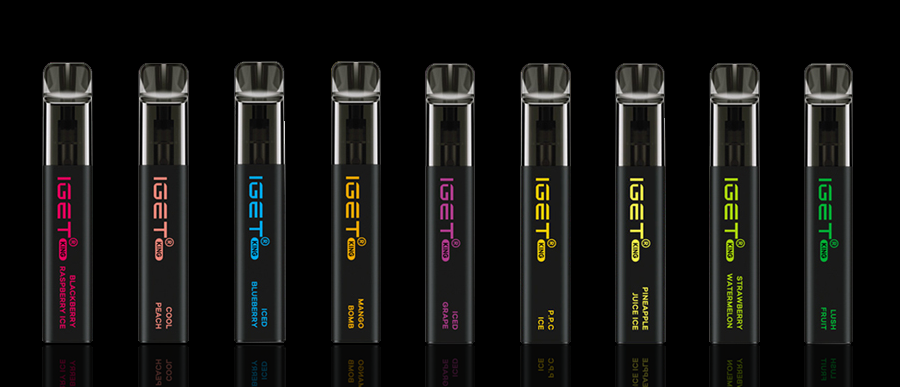In the fast-paced world of digital marketing, businesses are always on the lookout for new tools to improve their online presence. One such tool that has gained significant attention in recent years is the SMM Panel, an acronym for Social Media Marketing Panel. This platform serves as a hub for managing and enhancing social media campaigns, offering services that range from increasing followers to boosting engagement metrics. But what exactly is an سيرفر زيادة متابعين, and how does it work? In this article, we’ll explore the functionality, benefits, and ethical considerations surrounding SMM panels.
What is an SMM Panel?
An SMM panel is an online platform or dashboard that provides social media services to users, typically businesses, marketers, or influencers. These panels offer various services designed to improve a user’s social media presence across different platforms like Instagram, Facebook, YouTube, Twitter, and TikTok. Common services include buying followers, likes, comments, views, and other forms of engagement, all with the aim of increasing visibility and interaction on social media.
SMM panels act as intermediaries, connecting customers with service providers who deliver these social media services. They are often marketed as convenient, low-cost solutions to help boost a brand’s reputation or engagement on social media, which can be especially valuable for small businesses or individuals trying to grow their online influence quickly.
How Does an SMM Panel Work?
To understand how an SMM panel works, it’s important to first look at the mechanics behind it. Typically, a user signs up for an account on an SMM panel, browses the available services, and selects the one(s) they wish to purchase. Once the order is placed, the panel’s backend system contacts third-party service providers or automated bots to carry out the task—such as delivering likes, comments, or views on specific social media posts.
Steps involved in using an SMM panel:
- Sign Up: Users create an account on an SMM panel website.
- Browse Services: The panel lists different services such as likes, followers, comments, or views. Prices are often based on the number of actions (e.g., likes or views) the user wants to purchase.
- Payment: After selecting the desired services, users proceed to payment. SMM panels usually support multiple payment options like credit/debit cards, PayPal, or cryptocurrency.
- Execution: Once the order is confirmed, the SMM panel begins delivering the purchased services, either immediately or over time.
- Results: The user can track the progress of their campaign directly from the panel, checking real-time statistics about followers, likes, or engagement.
Benefits of Using an SMM Panel
- Time-Saving: For businesses or individuals looking to build their social media presence, managing growth manually can be time-consuming. SMM panels automate the process, saving valuable time.
- Cost-Effective: Many SMM panels offer affordable pricing for their services, allowing businesses and influencers to invest in a boost without breaking the bank. Traditional social media marketing campaigns often require much higher budgets.
- Instant Results: One of the main draws of SMM panels is the ability to see instant results. Users can rapidly grow their followers or engagement, which is appealing to those who need quick boosts for promotions, launches, or events.
- Variety of Services: Whether you need followers, views, likes, or engagement on multiple platforms, SMM panels offer a wide range of services that cater to different social media needs.
- Analytics and Tracking: Many panels provide analytics that allows users to monitor the effectiveness of their campaigns, making it easier to adjust strategies as needed.
Ethical Considerations and Risks
While SMM panels offer various benefits, their usage raises important ethical concerns. The practice of artificially inflating followers, likes, or comments can lead to misleading metrics, creating a false sense of popularity or engagement. Here are some of the main ethical issues and risks associated with SMM panels:
- Fake Engagement: Buying likes or followers does not guarantee real engagement or genuine interest in the content. This can distort the true value of social media metrics and mislead potential customers or followers.
- Platform Violations: Social media platforms, like Instagram and Facebook, have strict guidelines against using services that artificially inflate engagement. If caught, users may face penalties, including account suspension or permanent banning.
- Reputation Damage: Brands that rely too heavily on artificial engagement may face negative publicity if they are exposed for using SMM panels. Audiences are increasingly savvy, and fake engagement can harm trust and credibility.
- Security Risks: Some SMM panels may ask for sensitive information, such as social media account logins or personal details. Using unreliable panels can expose users to data breaches or account hijacking.
- Low-Quality Followers: Often, the followers or engagement generated by SMM panels come from fake or inactive accounts, which have little to no interaction with your content. This can hurt your overall engagement rates and online reputation.
Conclusion
An SMM panel can be a useful tool for boosting social media presence, offering an affordable and quick solution for gaining followers and engagement. However, it’s important to weigh the potential benefits against the ethical concerns and risks. If you decide to use an SMM panel, make sure to choose a reputable provider and avoid over-reliance on artificial methods that might hurt your brand’s authenticity in the long run.
For businesses and individuals looking to genuinely grow their social media presence, focusing on high-quality content, authentic interactions, and organic strategies will always be more sustainable than relying on short-term tactics like SMM panels.



